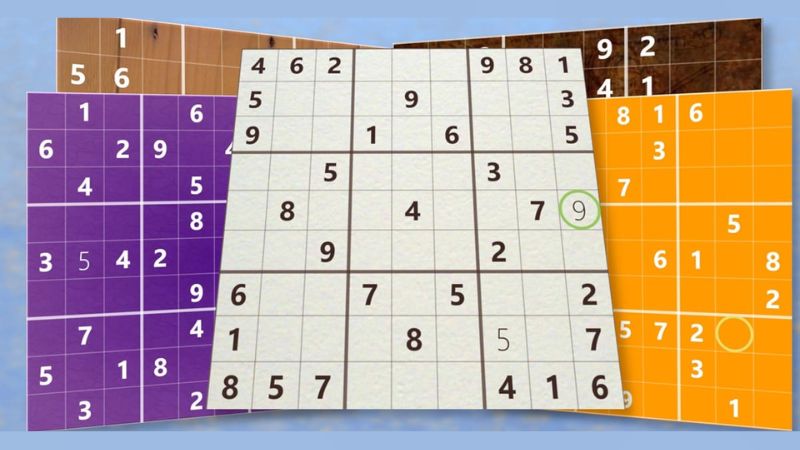Discover the origins of Sudoku: From the U.S. to Japan and the world. Who invented Sudoku, and why is it so beloved?
Sudoku – the globally popular logic game – may seem like a modern invention, but it actually has a long and fascinating history. So, where did Sudoku come from? Let’s explore the details in the article below.
Want to play Sudoku now? Visit Sudoku to start your mental challenge today!

What is Sudoku?
Before diving into its origins, let’s first understand what Sudoku actually is. Sudoku is a number-placement logic game, usually presented as a 9×9 grid divided into nine smaller 3×3 subgrids. The objective is to fill in the blank cells with digits from 1 to 9 so that:
- Each row contains each number exactly once
- Each column also contains each number exactly once
- Each 3×3 block must not repeat any number
Though it looks simple, Sudoku requires strong logical thinking, analytical skills, and a great deal of patience.
The origins of Sudoku
Many people mistakenly believe that Sudoku originated in Japan because of its name. However, the truth is a bit more complex.
Western origins
Sudoku traces its roots to a logic puzzle called “Number Place,” introduced by American publisher Dell Magazines in the late 1970s. The game is believed to have been created by Howard Garns, an architect and puzzle enthusiast. It first appeared in 1979 in Dell Pencil Puzzles and Word Games magazine.
Japan elevated Sudoku to a new level
The puzzle made its way to Japan in the mid-1980s, where it was published by Nikoli, a Japanese puzzle company. There, it was named “Sūji wa dokushin ni kagiru” (数字は独身に限る), which roughly translates to “the digits must be single” or “use each number only once.” The name was later shortened to Sudoku, derived from “Su” (number) and “Doku” (single/unique).
In Japan, Sudoku quickly gained immense popularity thanks to its simplicity and the mental challenge it provides. From there, it spread globally and gained international recognition.
Sudoku goes global
By 2004, Sudoku experienced a worldwide boom, largely due to its regular publication in newspapers across the UK, the U.S., and other European countries. Since then, it has become a cultural phenomenon—appearing in books, magazines, mobile apps, and even international competitions.
Why is Sudoku so appealing?
There are many reasons why Sudoku has become so popular:
- It trains logical thinking and improves concentration
- It’s suitable for all ages
- It doesn’t require advanced math knowledge
- It can be played anytime, anywhere—with just a puzzle and a few free minutes
So now the question “Where did Sudoku come from?” has been answered. From a small puzzle game in the U.S., refined and renamed in Japan, Sudoku has grown into a globally recognized brain game. Whether you’re a beginner or a seasoned player, you’re contributing to the rich and fascinating history of this iconic game.
